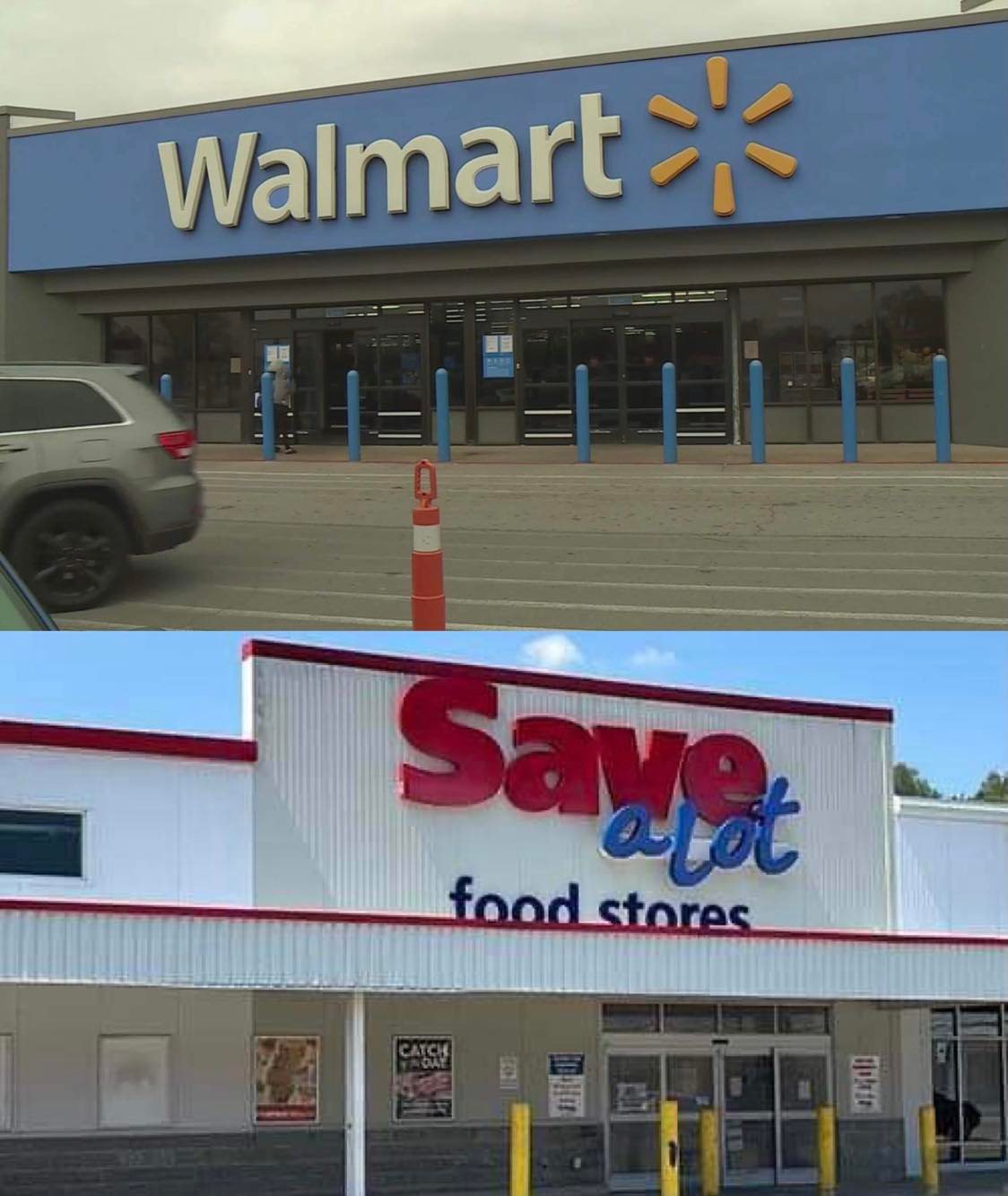According to the USDA, a majority of the city surrounding the now permanently closed Walmart in Cahokia Heights and the also now permanently closed Save-A-Lot in East St. Louis to the north are considered to be low-income and low-access. This reality puts added stress on an area already struggling with access to food and jobs that will help them earn a living wage.
“Anytime that a business or grocery leaves an area it’s always concerning,” said Meredith Knopp, president and CEO of the St. Louis Area Foodbank. “It’s definitely going to be challenging to the folks that live and call Cahokia Heights home.”
Though a Schnucks and Aldi exist in Cahokia Heights, it is still determined to be a low-access city because in urban areas such as this, it means that the nearest grocery store is over a mile away. At the same time Cahokia Heights has lost its Walmart store, East St. Louis has lost its Save-A-Lot, a regular grocery spot for locals in the area.
Not only do these store closures cause food access concerns, but also job loss to an area in need. There were 122 employees at the Walmart in Cahokia Heights. While Walmart claims that all employees were offered the option to transfer to work at another location, that may not be a realistic option for those unable to commute further to work every day.
“With a median income of less than $30,000, Cahokia Heights needs job opportunities for its citizens,” Rep. Schmidt said. “They also need easy access to the food and household supplies within a reasonable distance like the Walmart once offered. Many in the community do not have the luxury of consistent transportation and having the nearest grocery store miles away from their home can cause huge concerns. Many of these same concerns exist in nearby East St. Louis. I promise that I am working to find solutions to these urgent issues that are thorough and sustainable.”
###
